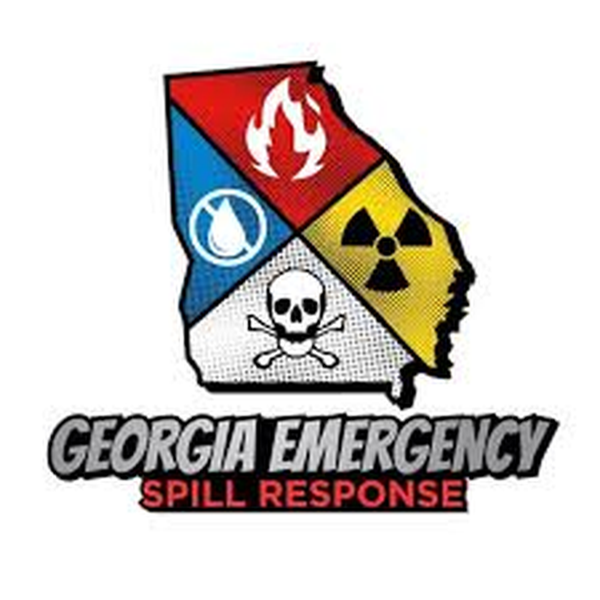Discover which Georgia industries benefit most from soil remediation and why it’s vital for operations like agriculture, construction, and oil & gas.
When soil contamination strikes, it disrupts entire ecosystems, communities, and operations. Whether it’s a hazardous chemical spill, a petroleum leak, or years of industrial pollution, soil remediation steps in as the environmental clean-up crew. But not all industries are impacted equally.
In fact, there are five that benefit most from this crucial service, both from a regulatory and operational standpoint. Let’s take a walk through the industries where soil remediation is essential!
1. Oil and Gas
Why it matters
The oil and gas sector has a long-standing relationship with soil contamination. Petroleum hydrocarbons are frequent contaminants due to storage tank leaks, drilling operations, and pipeline ruptures. Remediation prevents long-term ecological damage and helps meet environmental compliance standards under regulations like Georgia’s Hazardous Site Response Act (HSRA).
What soil remediation achieves here:
- Restores land impacted by crude oil, diesel, and other hydrocarbons.
- Reduces liabilities and cleanup costs for pipeline operators.
- Allows companies to reclaim and reuse land for future projects.
In Georgia: With multiple pipeline corridors and active oil terminals near ports like Savannah and Brunswick, Georgia's energy infrastructure depends on proactive remediation after spills.
2. Agriculture
Why it matters
When pesticides, fertilizers, and heavy metals leach into the soil, crop yield and food safety take a direct hit. Soil remediation is essential to restore farmland and prevent long-term loss of arable land.
What soil remediation achieves here:
- Neutralizes nitrogen-heavy pollutants and pesticide residues.
- Prevents bioaccumulation of toxins in produce and livestock.
- Keeps rural economies thriving by ensuring productive farmland.
In Georgia: As one of the top states for cotton, peanuts, and poultry, Georgia's agriculture sector heavily relies on clean, fertile soil to maintain exports and feed supply chains.
3. Manufacturing and Industrial
Why it matters
Factories, especially older ones, often leave behind a toxic trail of solvents, PCBs, and metals in the soil. Brownfield redevelopment—turning old industrial sites into usable property—starts with remediation.
What soil remediation achieves here:
- Makes old industrial sites viable for new commercial or residential use.
- Reduces exposure to carcinogens like arsenic or lead.
- Helps manufacturers comply with EPA and state-level remediation standards.
In Georgia: Atlanta and Savannah’s historic manufacturing zones are being revitalized. Soil remediation is the unsung hero behind many of these urban transformations.
4. Construction and Real Estate Development
Why it matters
Before the first shovel hits the ground, developers must ensure the soil is clean, especially when building schools, housing developments, or public infrastructure. Contaminated soil can derail entire projects.
What soil remediation achieves here:
- Enables safe development on previously contaminated sites (brownfields).
- Ensures real estate investments don’t turn into environmental money pits.
- Meets due diligence requirements during property transactions.
In Georgia: With Georgia’s booming housing market and commercial development corridors along I-85 and I-75, remediation keeps the momentum going safely.
5. Transportation and Logistics
Why it matters: Think train yards, truck depots, and logistics centers. These transportation hubs deal with constant fuel handling, hydraulic fluid leaks, and chemical spills—all of which can seep into the soil.
What soil remediation achieves here:
- Cleans up diesel fuel and de-icing agent runoff.
- Prevents contamination from interfering with surrounding wetlands or residential zones.
- Ensures transportation hubs remain compliant and operational.
In Georgia: Atlanta’s Hartsfield-Jackson International Airport and the Port of Savannah act as major transit hubs, and Georgia’s transportation network depends on clean infrastructure and remediated land to expand.
Why Soil Remediation Should Be on Your Radar
Soil contamination isn’t just an environmental problem—it’s a business disruption waiting to happen. For Georgia-based operations, state-level agencies like the Environmental Protection Division (EPD) monitor cleanup efforts and hold parties accountable. Whether you’re managing a logistics fleet or prepping land for construction, proactive soil remediation can mean the difference between progress and penalties.
If your Georgia operation has experienced a spill or you're unsure about your site’s contamination status, don’t wait until a regulatory agency knocks on your door. Start the assessment process early. Partner with experienced soil remediation and emergency spill response teams who understand Georgia’s terrain, regulations, and urgency.
